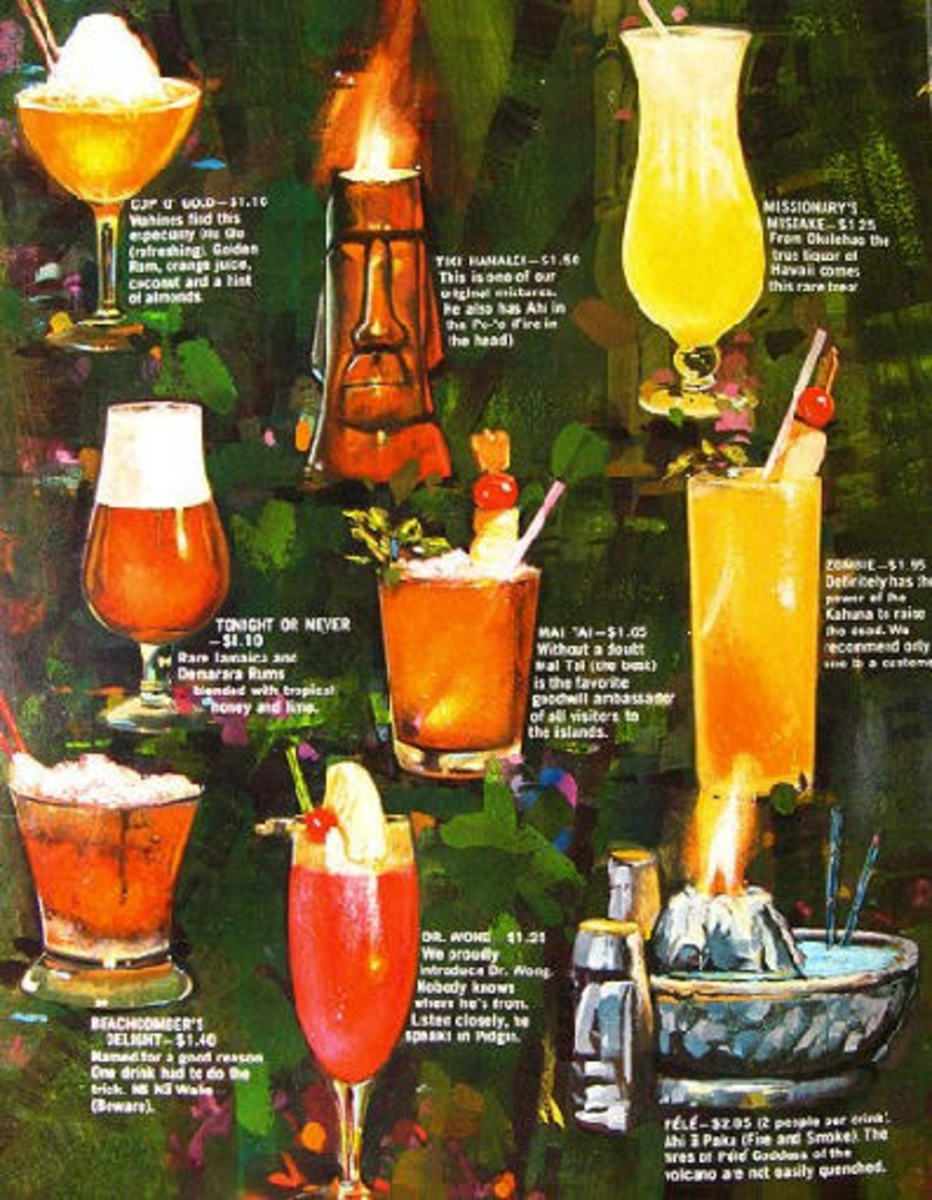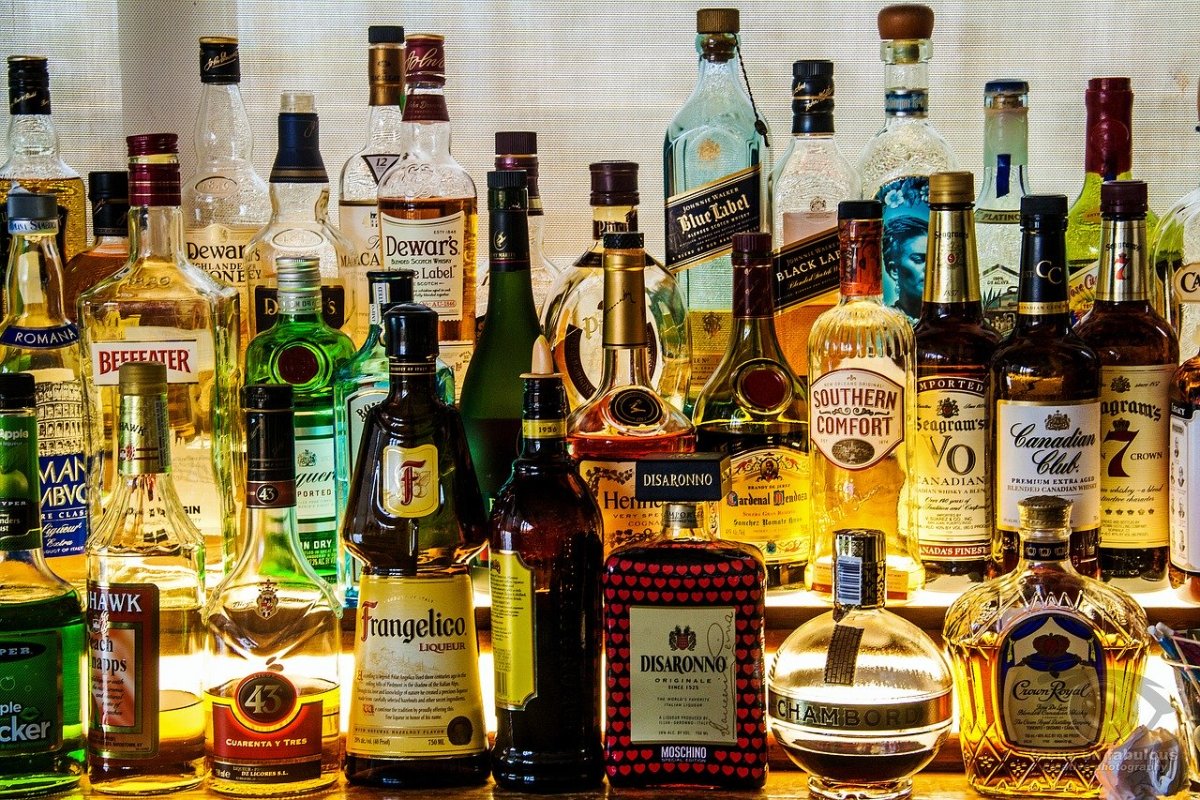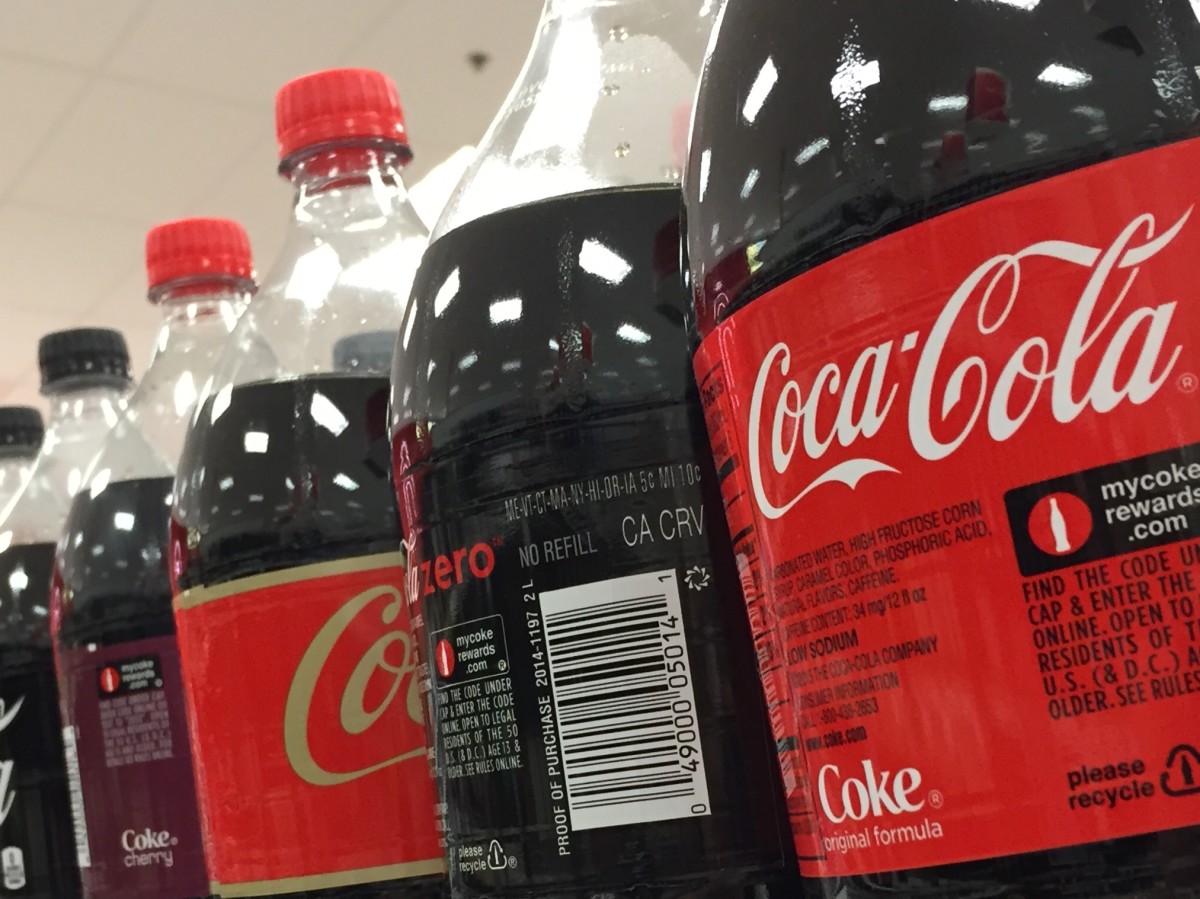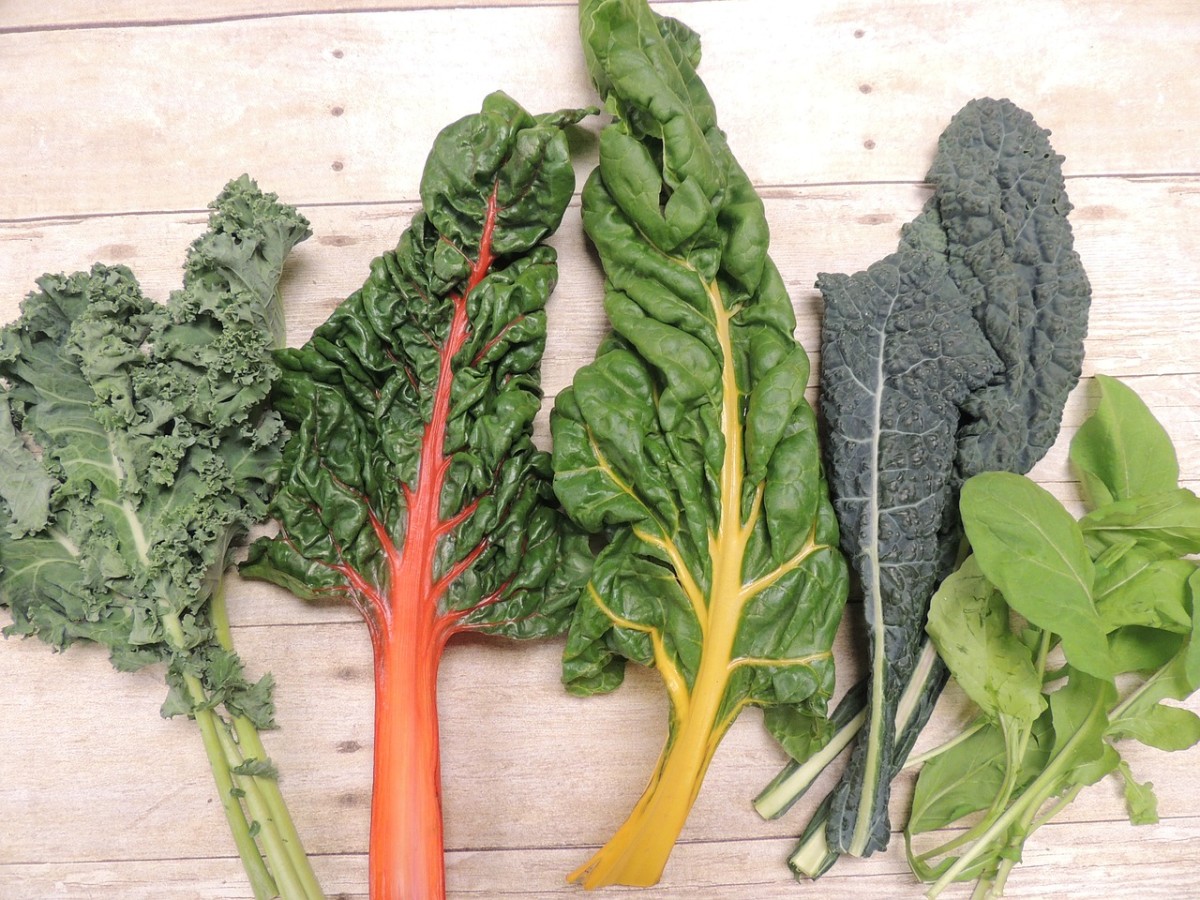8 Surprising Benefits Moderate Consumption Of Alcohol
Recommended amounts of alcoholic and soft drinks
Did you know that alcohol when consumed in the right amounts has some real health benefits? However when taken excessively, there are some serious health risks. This article makes a thorough comparison of alcoholic drinks like beer, wine and spirits and soft drinks like diet soda impact on health by examining the various scientific studies in this area.
The American Center For Diseases Control and Prevention (CDC) recommends a dietary intake of alcohol 1 standard drink of alcohol per day for women and 2 standard drinks of alcohol per day for men. A standard alcoholic drink contains 14.0 grams or 1.2 tablespoons of alcohol. The common types of alcoholic drinks are wines, beer and spirits. Alcoholic drinks are made from different types of products.
Soft drinks like soda mainly consist of High fructose corn syrup (HCFs) and water. The sugar content in some soft drinks is as much as 11 spoons in 330 ml bottle. Sodas are the most popular soft drinks. The WHO recommended maximum sugar intake for adults per day is 25 grams or 6 teaspoons. The American Heart Association recommends a maximum sugar intake of 5 teaspoons (20 teaspoons) for adult women, 3 teaspoons for children and 9 teaspoons for women. This shows that when you consume just a single bottle of soda, you exceed the recommended amount. This makes the regulation of daily sugar intake difficult since most of the products in the market already exceed the recommended amount. An average American consumes about 22.2 teaspoons of sugar per day which is far much higher than the recommended amount.
Make a healthy choice: Soda or Wine?
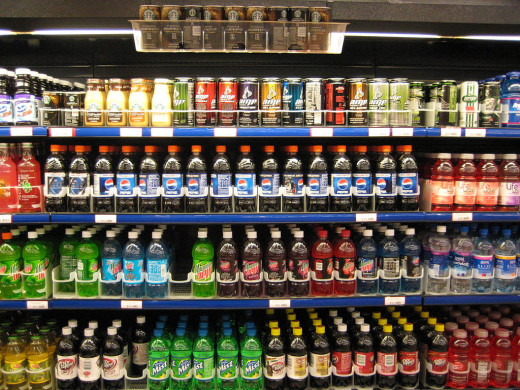
Do you check the nutritional fact label when buying?
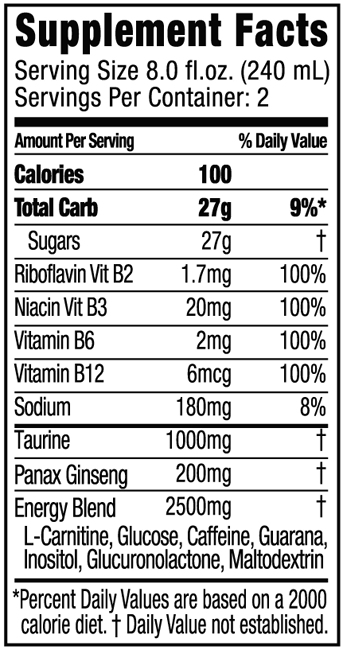
Comparison of the nutritional value of alcoholic soft drinks.
Alcoholic products
Beers are mainly products of fermentation process of cereals like barley and oat. Beers are dietically similar to bread. Yeast initiates the fermentation process giving rise to alcohol and carbon (iv) oxide. Most alcoholic drinks also contain traces of proteins, vitamins like Vitamin B complex and antioxidants from products like barley and hops. The caloric level of an alcoholic drink varies depending on type. Light wines have a caloric level of less than 80 calories in a 175 ml glass. Taking moderate amount of alcohol promotes weight gain as alcohol lowers the amount of sugar which is broken down by the body by blocking pancreas release of sugar regulating hormones.
Soft drinks
Soft drinks mainly consist of sugar. Other components of soda include phosphoric acid, aspartame in diet soda and caffeine in some sodas. They are therefore high calories drinks. Diet soft drinks have lower calorie percentages. Sugars used in their manufacture such as corn syrup have high fructose content. This fructose is converted into fat in the liver and then is distributed to various body organs for storage. High fructose content causes insulin resistance also stimulates cells insulin resistance by continuously stimulating the pancreatic cells to release insulin hormone. Insulin converts the glucose in the blood to glycogen even when the glucose level in the blood stream is normal. Normal. This brings about the hunger feelings leading to overeating behavior. This leads to accumulation of fat in the body and may ultimately lead to diabetes type 2.
Changes in human brain due to Alzheimer's disease
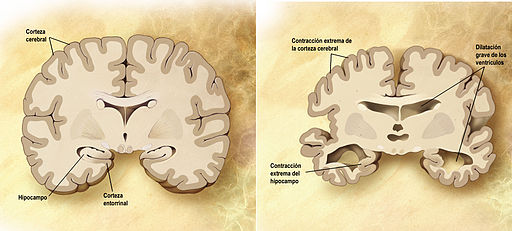
Impact of alcoholic drinks and soft drinks on Mental health
Alcoholic drinks
When taken in moderate or recommended amounts, alcoholic drinks, alcohol has a positive impact on cognitive development. According to the English journal of medicine which had carried out a study on alcohol use among women, women who had one alcoholic drink a day had less cognitive impairment and also showed less decline in cognitive function than those who abstained from alcohol. Moderate alcohol protects the rain by promoting efficiency in blood circulation. Researchers have also associated moderate intake of alcohol with sharper memory in men above 60 years. About 660 patients in the Framnhgham Heart study were examined. Those who were over 60 years old and took alcohol moderately had episodic memory and bigger hippocampus volume. Moderate amounts of alcohol at old age therefore prevent dementia which is the most common form of Alzheimer’s disease. Cases of depression are also lower among the moderate drinkers of alcohol. According to Mayo clinic, moderate alcohol intake reduces the risk of ischemic stroke which occurs when blood vessels to brain are blocked. High consumption of alcohol has been associated with many cases of dementia. Cases of depression are also high among the heavy drinkers increasing cases of homicide among them.
Soft drinks
Due to their high sugar content, soft drinks cause hyperglycemia. Hyperglycemia is an elevated amount of glucose in blood. Hyperglycemia increases blood pressure which damage blood vessels which supply the brain. High sugar level in soft drinks also causes brain atrophy which is shrinkage of brain cells. The hippocampus part of the brain shrinks. Hippocampus is the memory center of brain. High levels of sugar intake is associated with Alzheimer’s’ disease. Hyperglycemia leads to low concentration levels and cognitive function. Aspartame chemical in diet sodas according to Arizona Center for Advanced Medicine, adults who take 4 to 5 aspartame sweetened soft drinks each day experience depression, insomnia, headaches etc.
Human circulatory system
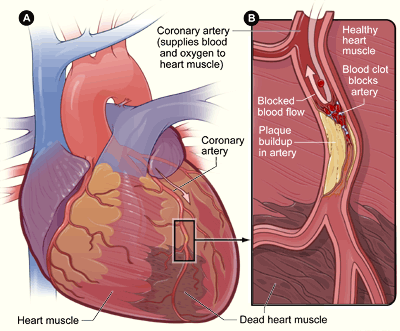
Alcoholic drinks and soft drinks impact on heart and circulatory system health
Alcoholic drinks
Moderate consumption of alcohol makes heart healthy. It therefore improves the circulation of blood. An observational study on moderate drinkers and non drinkers showed that the mortality rate was lower in those who drank drank moderately that is one to two drinks per day.Atherosclerosis is low among people who consume alcohol moderately.HDL cholesterol which is higher in blood of moderate drinkers removes cholesterol from artery walls. This prevents the narrowing of arteries. Moderate amounts of alcohol prevent uncontrolled accumulation of fibrinogen a component of platelets in blood thus preventing the formation of blood clots.
However the mortality rate among drinkers sharply rises as the amount increase. Excessive alcohol intake increases incidences of stroke and alcoholic cardiocympathy. Heavy alcohol intake weakens heart muscles. Coronary heart diseases are also common among heavy drinkers due to cardiac arrest. Higher alcohol content in blood also increases the rate of heart beat leading to high blood pressure.
Soft drinks
A study conducted on about 40,000 men found that those who were moderate drinkers of soft drinks that is about one can per day had 20% higher risk of dying from heart attack than those who never consumed such drinks. The risks are as high as 40% among women. This due to the accumulation of weight caused by the conversion of sugar into fat. This forces the heart to overwork so as to continually supply the body cells with blood.
Human kidneys
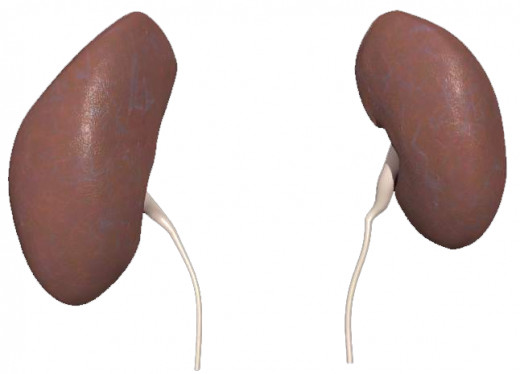
Alcoholic drinks and soft drinks impact on Kidneys
Alcoholic drinks
Moderate amounts of alcohol reduce risk of developing kidneys tones by 41%. This is according to the clinical journal of the American Society of Nephrology. Excess alcohol dehydrates the body and thus negatively affects the homeostatic role of kidneys which is osmoregulation. High blood pressure which is associated with high alcohol intake increases cases of kidney diseases.
Soft drinks
Did you know that it only takes two cans of soda a day to negatively impact on your kidney functioning? Soft drinks increase the risk of kidney stones by 23%. Diet sodas reduce the function of kidneys by 30%. Cases of proteinuria which is protein in urine increases with increase in number of soft drinks consumed. High fructose content in soft drinks cause oxidative stress and inflammation of the kidney nephrons.

